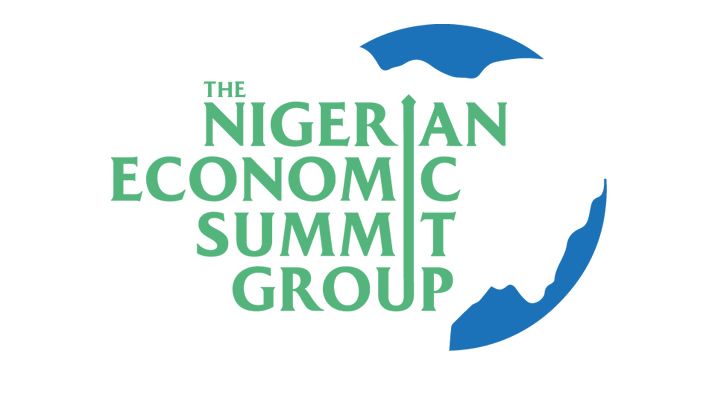With six years left to achieve the United Nations’ Sustainable Development Goals (SDGs) by 2030, the Nigerian Economic Summit Group (NESG) says sub-national governments are critical drivers for Nigeria to build inclusive development in the country.
The point would be the focus of one of the discussions, titled “Race to 2030: Catalysing Sub-National Action towards Meeting the SDGs,” at the 30th Nigerian Economic Summit (NES #30), scheduled to take place from October 14 to 16, 2024, at the Transcorp Hilton Hotel in Abuja.
The session, organised in collaboration with the Bill and Melinda Gates Foundation, will explore how state and local governments can take a more prominent role in addressing key development challenges such as poverty, inequality, education, healthcare, and climate change, the NESG has said. While the federal government sets broad national strategies, sub-national entities are closer to the communities they serve, giving them a unique capacity to implement tailored solutions that address local needs more effectively.
Nigeria’s sub-national governments are already at the forefront of tackling some of the country’s most pressing issues, from healthcare delivery to infrastructure development. “As such, their role in driving Nigeria’s progress toward achieving the SDGs is indispensable. With the right tools, resources, and governance frameworks, these local governments can significantly accelerate efforts to meet the 2030 goals”, spokesperson for the NESG Ayanyinka Ayanlowo stated.
Ayanlowo emphasised the importance of this year’s focus on sub-national action. “The role of state and local governments in driving inclusive development has become more critical than ever,” Ayanlowo said. “Strengthening and mobilising these governments is key to ensuring that the benefits of sustainable development reach all parts of society.”
International examples underscore the impact of sub-national leadership. In India, states like Kerala have made significant progress in health and education by adopting localised approaches, while in Germany, regional governments such as Bavaria have led the transition to renewable energy, contributing to the country’s SDG advancements.
For Nigeria, fostering collaboration between federal, state, and local governments will be vital, alongside private sector partnerships and community engagement.
As the 2030 deadline looms, the summit will highlight the need for clear frameworks, capacity-building, and financial support to empower sub-national governments to play their full role in achieving the SDGs.
The 30th Nigerian Economic Summit, themed “Collaborative Action for Growth, Competitiveness, and Stability,” will provide a platform for critical dialogue and strategy development, ensuring that Nigeria remains on course to meet its SDG commitments while empowering local governments to take the lead in the nation’s sustainable development journey.





